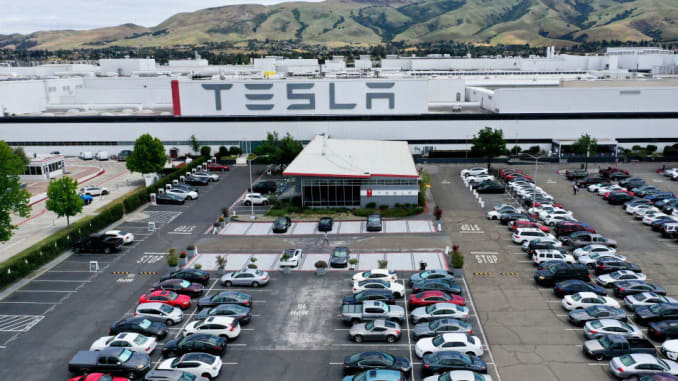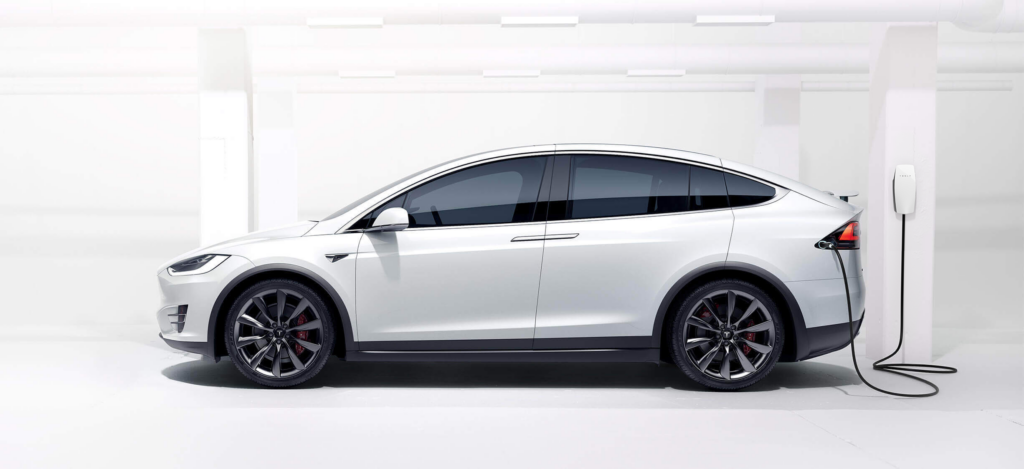Tesla Negotiating for Possible Texas Vehicle Assembly Plant
(Reuters) - Electric carmaker Tesla Inc is negotiating possible incentives with a Texas county that could bring a new auto assembly plant to the area near Austin, the state capital, the Austin American-Statesman reported on…

